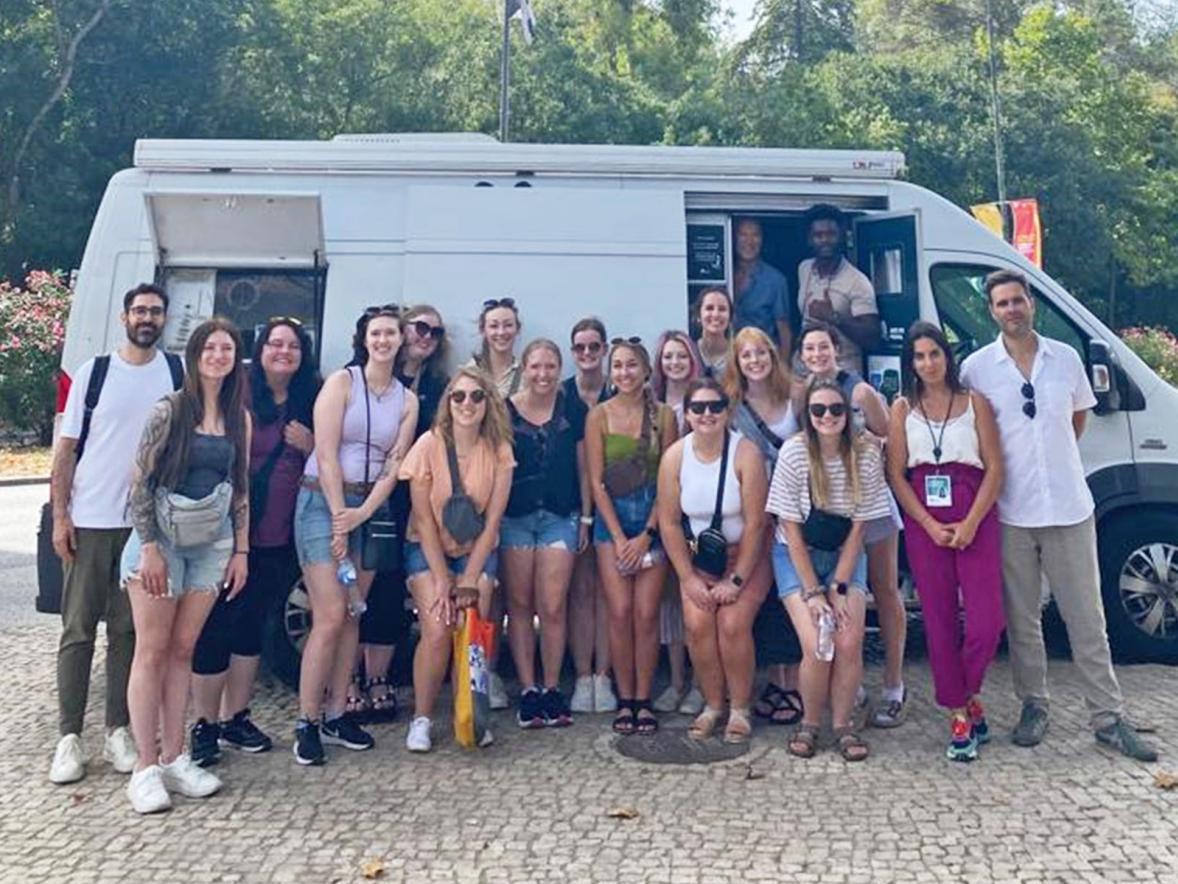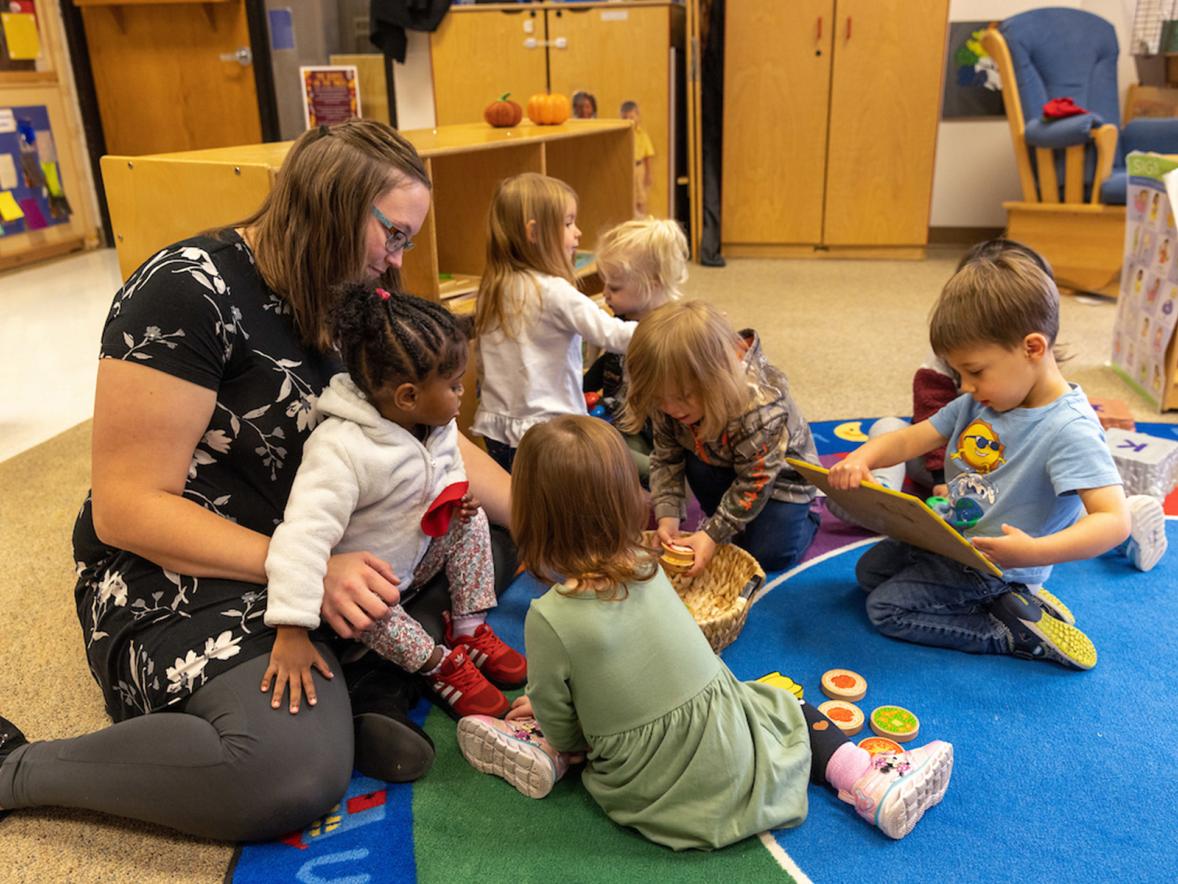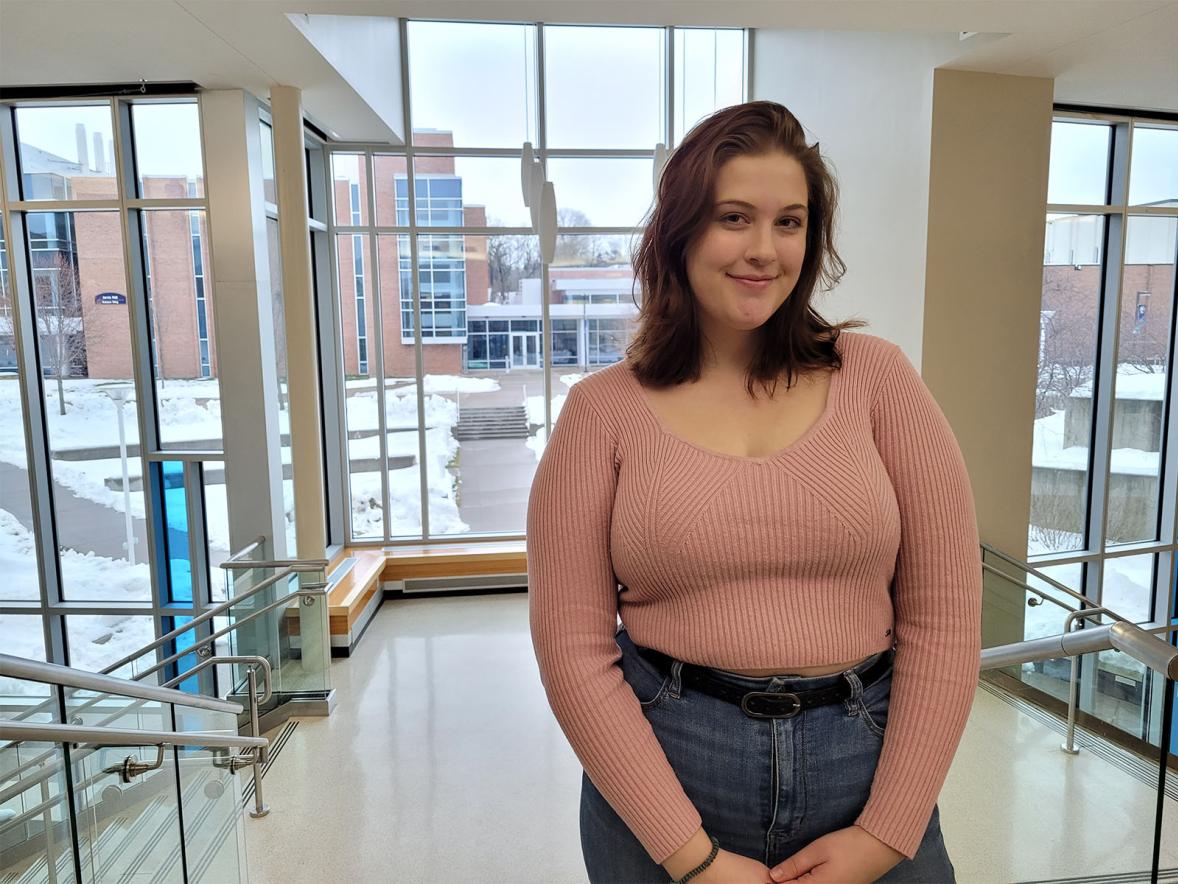Julie Bates-Maves is a licensed professional counselor and associate professor of Master of Science in clinical mental health counseling at University of Wisconsin-Stout. Her teaching and research interests are centered on trauma, addiction and reducing stigmas.
Before beginning her career in higher education, Bates-Maves worked with clients entering or trying to enter addiction recovery. She discovered that behavior change or change in a client’s environment was not enough and realized that her clients were missing the grieving process in their steps to healing.
“Addiction is not simple, and yet we often simplify the narrative; that is, addiction is often equated to being stuck, moving backwards or the erosion of a life,” Bates-Maves said. “Ultimately, I have found that in many stories addiction added to life as much as it took away. Addiction is about both presence and absence.”
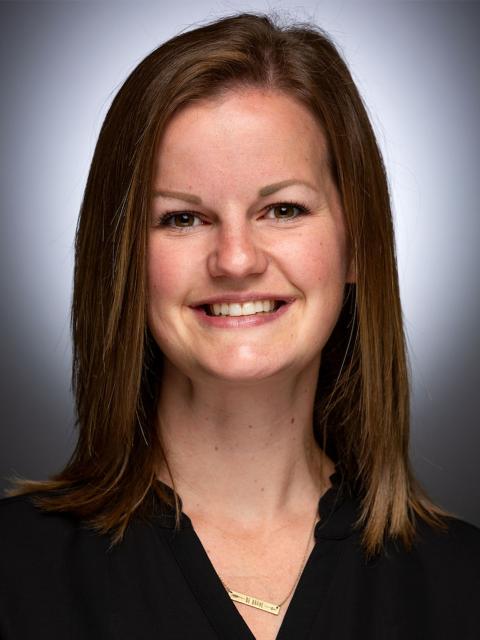
Bates-Maves authored “Grief and Addiction” in Sept. 2020 to help other counselors understand the grief that can accompany both addiction and recovery. The book provides counselors with treatment strategies and ideas for adapting existing bereavement models in three parts – an introduction and definitions of concepts; models and theories of grief, loss and bereavement in the context of addiction and recovery; and considerations for counselors with three appendices providing reflective activities.
Bates-Maves plans to use “Grief and Addiction” as a text in her spring 2021 course Treatment Programming for Alcohol and Other Drugs. She hopes her students appreciate the book and integrate its models into their skill sets.
“We have so many wonderful students in our program and I have complete faith that they will be effective mental health professionals,” she said.
Program Director John Klem has worked with Bates-Maves for nearly a decade. “What I have seen is a balance of two amazing qualities,” he said. “Julie is both a driven and compassionate person. She has a powerful drive to teach her students and the world about mental health and addiction. This book is a product of that drive.”
“Grief and Addiction” can be purchased through Routledge, a publisher of academic books in the humanities, social sciences and STEM. It is 278 pages in length and is available in hardcover, paperback and e-book.
Grieving as a healing agent in recovery
In March 2017, Bates-Maves presented on grief and loss in addiction at the national American Counseling Association conference. She was later contacted by Routledge, which noted a gap in its literature base and asked her to contribute.
“I decided to write the book because I firmly believe in the power of grieving as a healing agent, no matter what someone is grieving – a death or the loss of heroin,” Bates-Maves said. “Examining the meaning of loss and its impact on a life is valuable. We, as a world, so often shove people toward recovery and fail to appreciate all that they’re leaving behind. Change and loss go hand in hand. That’s true even if it’s a ‘good’ loss, meaning you lose something that’s harming you.”
With additional research on existing bereavement theories, it took Bates-Maves two years and three months to write the book. She also had her second child during that time.
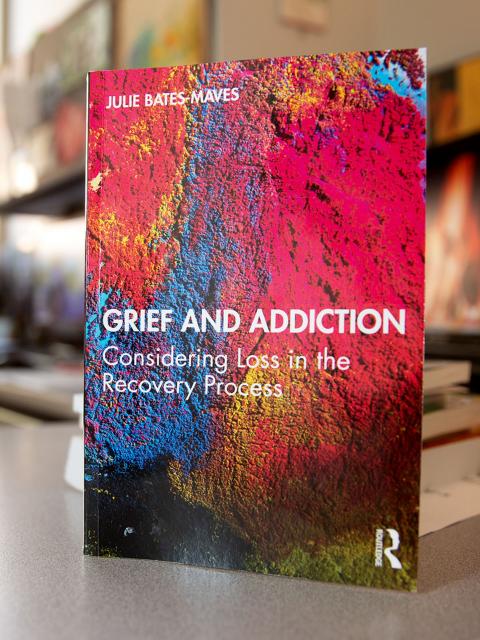
“Grief and Addiction” encourages counselors to look at what their clients are leaving behind in the recovery process, to understanding grief in the context of addiction and recovery and to increase empathy for what the process of treatment is asking of clients.
Where many see an addiction as trapping someone, making them a different person, causing them harm or even death, an addiction might also offer a distraction, a means of escape, or a way to cope with abuse, trauma, fear or pain, Bates-Maves believes.
Some clients reported their addiction brought them a sense of belonging in a community where they built social connections. Others reported a sense of purpose, a feeling of security, heightened creativity or newfound identity.
Within their recoveries, Bates-Maves discovered her clients were grieving for parts of their addictive life or patterns they were leaving behind. Ending use, finding new social connections, new coping mechanisms or rebuilding an identity represent major life changes and are filled with loss and reactions to loss.
“People working toward recovery deserve to be sad, or angry or relieved about what they’re leaving behind,” Bates-Maves said. “Counselors need to be more dynamic and broaden some of the concepts from other arms of the field, like bereavement studies. We need to expand our understanding of pain so that we can expand our options for helping.”
Impacting her clients and students
A client Bates-Maves remembers well was a man with a 20-year use history with heroin. He primarily injected. In his first months of counseling, his use decreased quickly. Then he was hesitant to walk away – not from heroin but from injecting.
“He found such value in teaching others how to do it safely – how to reduce disease transmission, avoiding broken needle fragments in one’s arm, abscesses at the injection site and reducing the risks of overdose,” Bates-Maves said. “He didn’t want to let go of the sense of power and respect he derived from those interactions. A client such as this entering recovery deserves to grieve that loss.”
As her client’s self-worth was centered on his addiction, Bates-Maves sought to help him redefine himself. They discovered a new source of meaning for him where he could still offer the same education – but as a harm reduction specialist versus someone actively using.

“Julie has so much compassion for the people she teaches and counsels. She understands that change and healing are hard, and she has the patience to support them for as long as needed,” Klem said.
Julia Thielen, a 2018 graduate of clinical mental health counseling, is practicing in a co-occurring addiction and mental health residential facility in Sioux Falls, S.D.
“I was fortunate enough to have Julie as a professor in grad school,” Thielen said. “She has continued to be a mentor to me. Julie instills in her students a passion to help clients, to improve the field of counseling and to create a lasting understanding of addiction, grief and trauma.”
“Helping our students expand their understanding of what it takes for some to achieve a long-lasting recovery is a responsibility and privilege. I don’t take that lightly,” Bates-Maves said.
Bates-Maves was recently interviewed by Counseling Today, the publication of the American Counseling Association. Her interview will be featured in a cover story on addiction and grief in the November 2020 issue.





